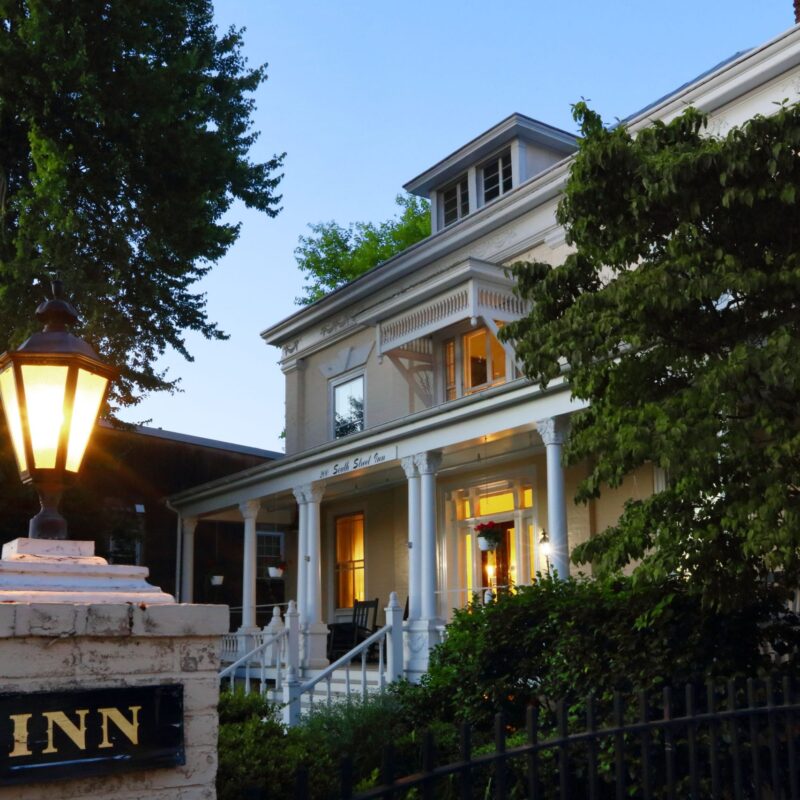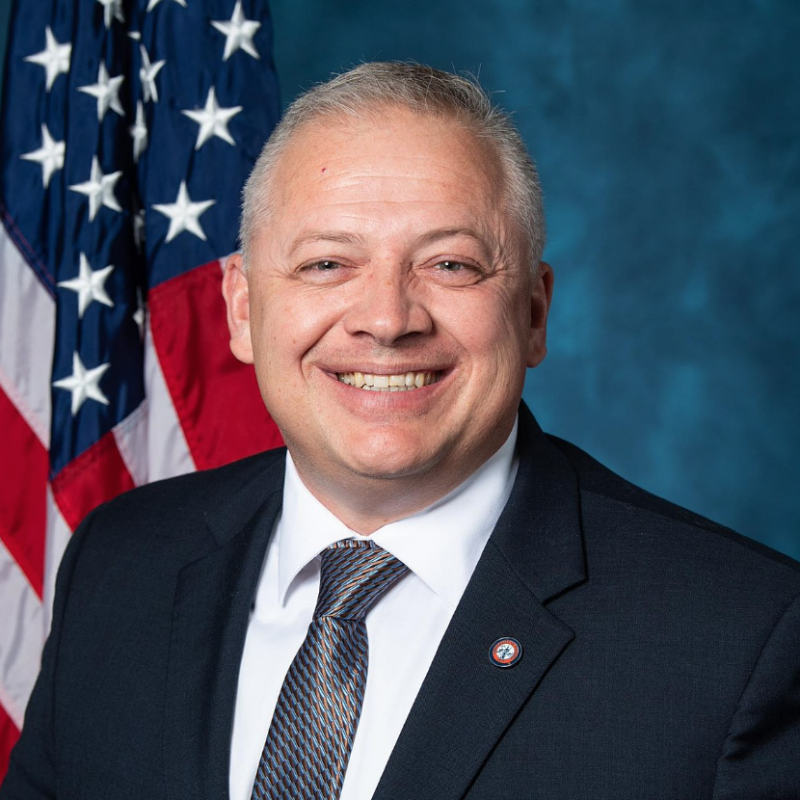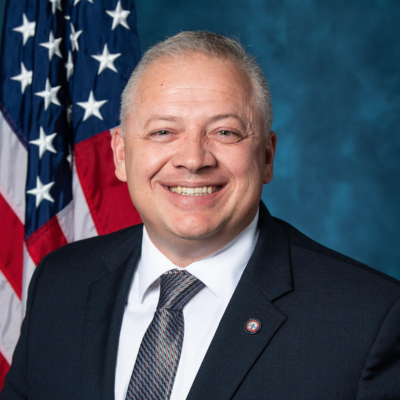The executive director of the Jefferson School Foundation is suing one of the building’s resident nonprofit partners for defamation, after the tenant accused her of conducting “unethical fundraising” in a previous job.
Sue Friedman, a former Albemarle School Board chair, was hired in January to handle day-to-day operations of the historical Jefferson School City Center, as well as coordinate fundraising efforts for the nonprofit foundation. The center houses 11 nonprofit partners, including the African American Heritage Center.
But at an April 12 meeting of the resident partners, Common Ground Healing Arts Executive Director Elliott Brown expressed concerns over how Friedman was hired, and questioned why the board of directors “would hire someone who was fired from her last job for exhibiting unethical behavior in fundraising,” according to a complaint filed by Friedman in Albemarle Circuit Court.
In an email sent to Friedman and others two weeks later, which was attached to the court filing, Brown said she should have used the word “left” instead of “fired,” but maintained her claim that Friedman exhibited unethical behavior as president and CEO of the Alzheimer’s Association, a nonprofit that Friedman led for 12 years.
Brown also said in the email she believed a white person must be “overwhelmingly justified” to run the former African American school—a standard she said Friedman didn’t meet.
In response to the criticism, Friedman filed suit, charging that Brown’s statements were defamatory. In the suit, she denies conducting any unethical fundraising practices while at the Alzheimer’s Association, and she wants $1 million, as well as $350,000 for punitive damages (the maximum allowable amount) and the costs of attorneys’ fees.
“Sue Friedman was with the Alzheimer’s Association Central and Western Virginia chapter for 12 years,” a spokesman for the Alzheimer’s Association said in a statement. “She chose to leave the organization in December, 2018 to pursue a new opportunity.”
According to sources close to the Jefferson School who spoke on the condition of anonymity, the resident partners asked board chair Martin Burks III to attend their April meeting to discuss Friedman’s hiring process. They say the tenants were put off by Friedman’s demeanor and decisions related to her position, and felt excluded from the decision to bring her aboard.
The board hired Friedman in December after narrowing the search down to six candidates. Sources say some resident partners asked to be part of the hiring process and were told they could be, but the board conducted several interviews without them.
One of the board members at the time was Frank Friedman, Sue Friedman’s husband and the president of Piedmont Virginia Community College. PVCC is a resident partner of City Center, where it hosts culinary arts and community self-sufficiency programs. Frank recused himself from the interview process and resigned from his position on the board at its first meeting of the year, which occurred in February.
Sue Friedman alleges in the suit that Brown’s comments damaged her reputation among both Charlottesville community members and the resident partners, compromising her “ability to raise funds and serve as the public face” of the Jefferson School.
She also calls Brown’s questions of her ability to serve in her role as a white person “offensive and racist,” and her attorney has demanded a trial by jury.
Neither Friedman responded to C-VILLE’s requests for comment.
“This is the first time in all the years the tenants have been at the Jefferson School that I’ve seen a drastic shift in the momentum of our working together,” one source says. “A lawsuit in the mix has created a pall over the place.”
At the meeting, Brown pushed with direct questions about Friedman, and read from a prepared statement—making the comments that later prompted the lawsuit. Friedman was “shocked, humiliated, and outraged” about Brown’s claims, according to court documents; she then left the meeting and didn’t return.
Brown’s follow-up email two weeks later, now attached to the complaint, was addressed to Friedman, the board, resident partners, and other employees of Common Ground. The message was in response to Friedman’s April meeting notes, also filed with the complaint, of which Brown wrote that “many things [were] off or missing.”
She said in the email that some resident partners were turned away from interviews with prospective candidates for Friedman’s job. In addition, Brown said she initially felt that voicing her concerns in front of Friedman was “inappropriate,” but decided that “if the tables were turned, I would want the respect of being in the room during a discussion like this about me.”
Neither Brown nor Burks responded to requests for comment on this story.
Tom Albro, the lawyer representing Friedman, is also representing Edward Dickinson Tayloe II (a plaintiff in the lawsuit fighting City Council’s vote to remove Confederate statues) in a defamation suit against C-VILLE, news editor Lisa Provence, and UVA assistant professor Jalane Schmidt for this feature story. A copy of that complaint can be found here.





